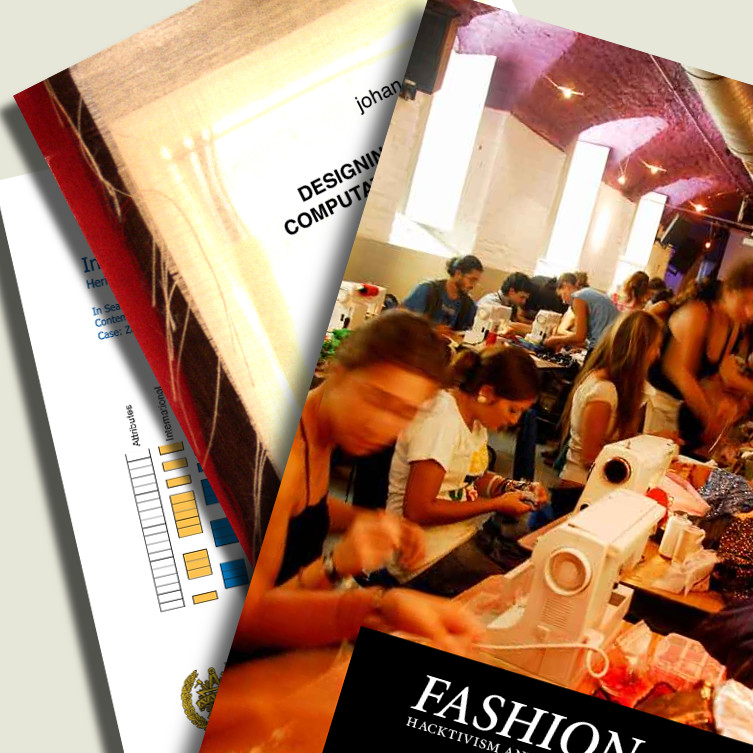Doctorateness in Design Disciplines. Negotiating Connoisseurship and Criticism in Practice-related Fields
DOI:
https://doi.org/10.7577/formakademisk.499Keywords:
doctorateness, connoisseurship & criticism, design practice and research, making disciplinesAbstract
Discussions on the concept of ‘doctorateness’ have been growing during last years in traditional academic disciplines as well as in creative fields. This paper is a brief report from the first stage of a research project which studies how the concept of ‘doctorateness’ could be considered in the field of architecture, design and arts. The project builds upon a series of doctoral courses for architects and designers, and includes the study and evaluation of already accepted doctoral theses. In analyses of assessment assignments, the ‘connoisseurship model’ of Elliot W. Eisner was found to be useful. Eisner’s model of Connoisseurship & Criticism has served as the main tool for the analyses of empirical data, and as a framework for developing the concept of ‘doctorateness’ further. From the first phase of studies in the research project, the importance of particular kinds of awareness can be stressed as crucial for ‘doctorateness’, and here the model of connoisseurship and criticism has been operative. A more elaborate definition of ‘doctorateness’ is presumed to be of use as a pedagogical tool in research education in design fields as well as in dialogues between professionals of design practice and research.

Downloads
Published
How to Cite
Issue
Section
License
Authors who publish with this journal agree to the following terms:
- Authors retain copyright and grant the journal right of first publication with the work simultaneously licensed under a Creative Commons Attribution 4.0 License that allows others to share the work with an acknowledgement of the work's authorship and initial publication in this journal.
- Authors are able to enter into separate, additional contractual arrangements for the non-exclusive distribution of the journal's published version of the work (e.g., post it to an institutional repository or publish it in a book), with an acknowledgement of its initial publication in this journal.
- Authors are permitted and encouraged to post their work online (e.g., in institutional repositories or on their website) prior to and during the submission process, as it can lead to productive exchanges, as well as earlier and greater citation of published work (See The Effect of Open Access).
- The author(s) must manage their economic reproduction rights to any third party.
- The journal makes no financial or other compensation for submissions, unless a separate agreement regarding this matter has been made with the author(s).
- The journal is obliged to archive the manuscript (including metadata) in its originally published digital form for at least a suitable amount of time in which the manuscript can be accessed via a long-term archive for digital material, such as in the Norwegian universities’ institutional archives within the framework of the NORA partnership.
The material will be published OpenAccess with a Creative Commons 4.0 License which allows anyone to read, share and adapt the content, even commercially under the licence terms:
This work needs to be appropriately attributed/credited, a link must be provided to the CC-BY 4.0 licence, and changes made need to be indicated in a reasonable manner, but not in any way that suggests that the licensor endorses you or your use.



